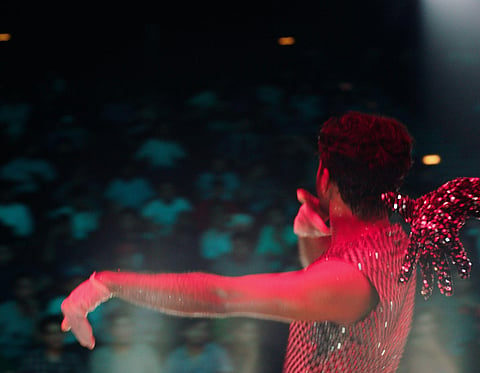‘Joyland’ crosses the barbed wire between India and Pakistan
On the evening of 8 June, the Pakistani director Saim Sadiq's film Joyland was screened at Liberty Cinema in Mumbai as part of the 14th Kashish Mumbai International Queer Film Festival. After winning the Queer Palm and the Jury Prize in the Un Certain Regard section at the 2022 Cannes Film Festival, in December Joyland became the first ever Pakistani film to make the shortlist in the Best International Feature category for the Oscars. Before this, however, it was banned in Pakistan, with authorities citing complaints to the censor board about "highly objectionable material". Social-media outrage and fervent appeals from the cast and crew pushed the government to review the decision, and after cuts stipulated by the censor board it was finally released in Pakistan in mid November. In India, where the buzz from Cannes had already piqued interest, Joyland had its debut on 5 November at the 2022 Dharamshala International Film Festival in McLeod Ganj. With the controversy over the ban only driving interest further, this was followed by a handful of private and festival screenings before the film was shown at the Kashish festival.
Joyland unravels the intersecting lives of various people in Lahore held hostage by patriarchy. The central characters are Biba (Alina Khan), a trans woman who makes her living as a dancer and choreographer; Haider (Ali Junejo), her cis-male lover, who works as a back-up dancer though he has neither the skill nor the flexibility required for the job; and Mumtaz (Rasti Farooq), a cis woman who works at a beauty parlour and is married to Haider.

